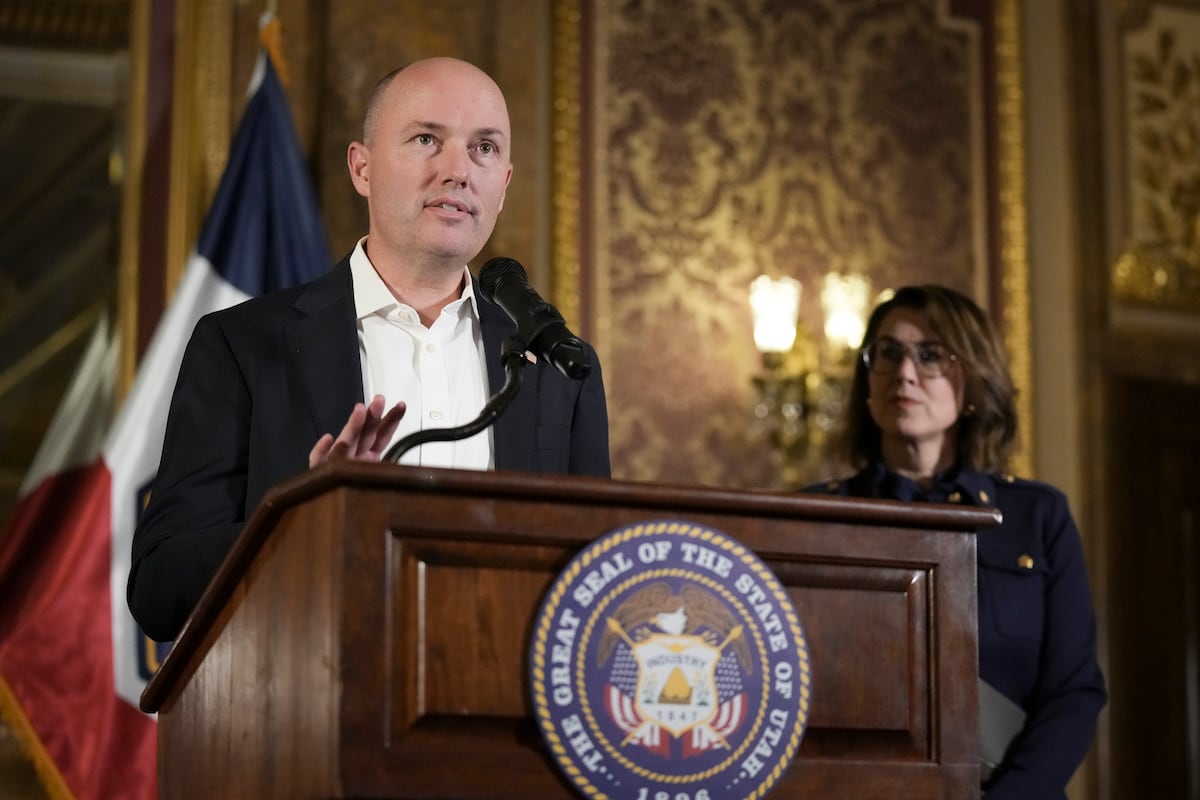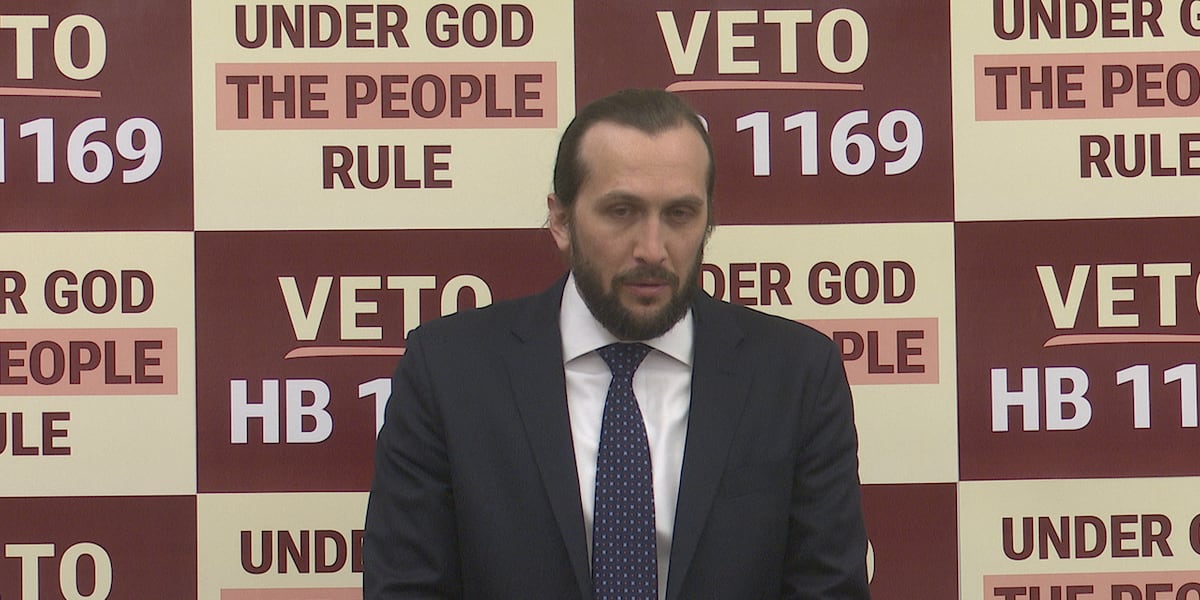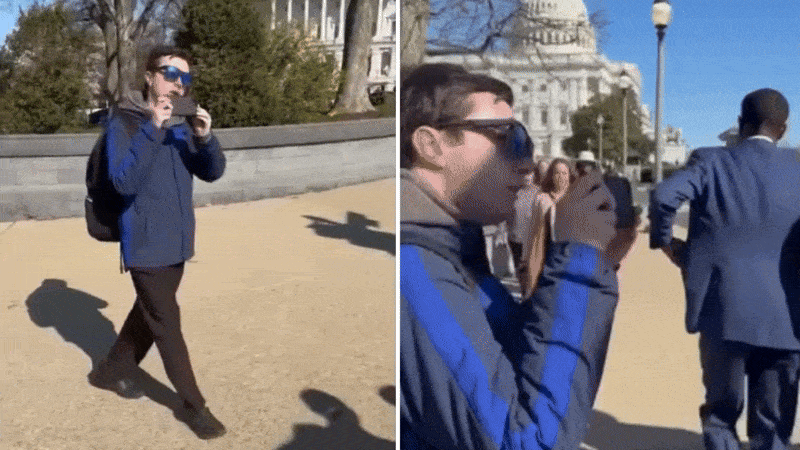Connecticut
Vote recount in CT town results in tie; special election to be held

A special election will be needed in Vernon after a recount found a tie vote in the race for the 12th seat on the Vernon Town Council, according to a town spokesman.
Vernon Communications Specialist David Owens said Thursday that the Vernon Registrars of Voters “oversaw a recount of Tuesday’s election results for the 12th seat on the Vernon Town Council,” as “two votes divided candidates Bill Dauphin and Bill Campbell.”
“The recount, conducted Thursday afternoon, resulted in a tie for the 12th seat on the council,” Owens said in an email.
Connecticut 2023 Municipal Election Results (unofficial)
A special election will be held in “about three weeks,” Owens said.
Across CT voters cite inflation, taxes, schools and more on their minds in Election 2023
Owens said the council has 12 members and that it is “presided over” by the mayor.
Owens also noted that the 11 candidates who won in Tuesday’s election will be sworn in and that the council would meet prior to the special election.
CT Dems gain ground in Greater Hartford; GOP picked up wins in numerous small towns

Connecticut
90s Con back in Hartford for a weekend of nostalgia
Connecticut
Temperatures range 30 degrees across the state today

A backdoor cold front is set to move across Connecticut today from northeast to southwest.
Temperatures should be able to warm well into the 70s in Fairfield County, but the Northeast Hills will only top out in the lower 50s.
We’ll cool through the afternoon from northeast to southwest, but we’ll all be in the 40s this evening as rain chances return.
Temperatures will drop into the 30s and lower 40s overnight with scattered rain showers and the chance for fog to develop into Sunday morning.

Sunday will be cooler and cloudier for all of the state with highs near 50 degrees.
Monday should warm back into the 60s with more rain chances to end March.
Connecticut
CT leaders say they'll counter swiftly if Trump cuts more federal aid

Gov. Ned Lamont and the General Assembly’s highest-ranking leaders drew a political line in the sand late Friday.
If President Donald Trump continues to withhold huge blocks of federal aid for health care, education or other core programs, Connecticut’s done waiting to see if Congress or the courts will reverse the damage, leaders here wrote in a joint statement.
Connecticut’s piggy banks are large, and officials won’t hesitate to crack them immediately if vital programs are damaged, they indicated.
“Sound fiscal practices have positioned us better than most states in the nation,” Lamont wrote late Friday afternoon in a joint statement with House Speaker Matt Ritter, D-Hartford, and Senate President Pro Tem Martin M. Looney, D-New Haven. “If this pattern of devastating cuts continues, we will be prepared to exercise emergency powers. Although we hope that Washington reverses course, we must plan for the inevitable or unpredictable.”
Officials here also had expected to see deep cuts in aid from Washington, but not until late summer or fall with the congressional adoption of the next federal budget. Since taking office in January, though, Trump has used executive orders on several occasions to suspend grants, reclaim unspent dollars from states, or attach controversial new conditions to federal assistance.
The comments came hours after state Senate Democrats completed a closed-door caucus during which members vented frustrations about Trump’s latest unilateral move, the cancellation of $12 billion in public health grants to states this week, including $155 million for infectious disease management, genetic screening of newborns and substance abuse prevention in Connecticut.
“What no one could anticipate was how severe these cuts would be and how quickly they would occur to vital programs, sometimes without warning,” Lamont and legislative leaders wrote, adding decisions on when to restore funding would be made in the coming weeks on a case-by-case basis.
Their statement didn’t say, though, whether the fiscally moderate-to-conservative governor and his fellow Democrats in legislative leadership see eye-to-eye on which piggy banks are OK to shatter, and which can’t be touched.
Connecticut holds a record-setting $4.1 billion budget reserve, commonly known as its rainy day fund, an amount equal to 18% of annual operating costs.
But an aggressive series of budget caps, labeled “fiscal guardrails” by Lamont and other supporters, have generated roughly triple that $4.1 billion mark since their enactment in 2017. And what wasn’t deposited into the reserve, another $8.5 billion, was used to whittle down the state’s massive pension debt.
One “guardrail” alone, a provision that restricts lawmakers’ ability to spend certain income and business tax receipts, has forced them to save an average of $1.4 billion annually since 2017. Analysts say it will capture another $1.4 billion before this fiscal year ends on June 30, and closer to $1.3 billion in each of the next three years.
Though the governor and legislative leaders all have cited the rainy day fund as one coffer Connecticut may need to tap to mitigate impending cuts in federal aid, scaling back the budget caps that helped fill this reserve is another matter.
Lamont has been reluctant to tamper with this system, though he did express a willingness in February to scale back this savings mandate modestly by about $300 million per year.
Ritter and Looney, though, have been more direct about the need to reform this “guardrails” system, save less, and pour more dollars into core programs like health care, education and social services.
And the House speaker said Friday he believes these saved income and business tax receipts should be the first line of defense against Trump cuts.
It’s been 14 years since Connecticut has failed to make the full contributions recommended by pension analysts for its retirement benefits for state employees and municipal teachers, and Ritter noted the full $3.2 billion owed this fiscal year already has been budgeted.
And any “guardrails” savings Connecticut doesn’t need to reverse cuts in federal funding still could be sent into the pensions as well, Ritter added.
But cracking this piggy bank first would leave the larger, $4.1 billion rainy day fund available for later this summer or fall, when potentially more damage could occur.
With Congress aiming to find more than $880 billion in cuts to Medicaid — a cooperative health care program that sends $6.1 billion to Connecticut this year alone — officials here fear revenues that support nursing homes, federally qualified health clinics, hospitals and insurance programs for poor adults and children, could be in grave jeopardy.
And with recent tariffs ordered by the president increasing many economists’ fears of a looming recession, Connecticut may need its rainy day fund later this year or next to mitigate the big drops in tax receipts that often accompany a sharp national economic downturn, legislative leaders say.
Looney echoed Ritter’s comments, calling the president’s latest health care funding cuts “irresponsible, reckless and possibly disastrous” and showing Connecticut must have all resources ready to offset damage to its most vital programs.
“We can’t draw a line anywhere,” Looney added.
The Lamont administration opted not to elaborate on Friday’s statement after its release.
But the governor has warned on several occasions that Connecticut must understand it ultimately can’t offset all losses in federal funding if the cuts go as deep as some fear they will.
Connecticut will receive more than $10 billion in federal funding this fiscal year, a total that equals roughly 40% of the entire state budget.
“No state can restore every cut that comes from Washington,” the joint statement from Connecticut leaders adds.
-

 News1 week ago
News1 week agoNASA Astronauts Don’t Receive Overtime Pay for Space Mission But Get $5 a Day
-

 Politics1 week ago
Politics1 week agoNetanyahu gifts Fetterman a silver-plated beeper after he praised Israel's Lebanon pager operation
-

 World1 week ago
World1 week agoFinland takes top spot, US gets lowest-ever rank in World Happiness Report
-

 News1 week ago
News1 week agoTrump to sign order aiming to close the Education Department
-

 News1 week ago
News1 week agoMusk Offers $100 to Wisconsin Voters, Bringing Back a Controversial Tactic
-

 News1 week ago
News1 week agoHow a Major Democratic Law Firm Ended Up Bowing to Trump
-

 Technology1 week ago
Technology1 week agoThreads finally lets you set the following feed as default
-

 News1 week ago
News1 week agoWere the Kennedy Files a Bust? Not So Fast, Historians Say.




:quality(70)/cloudfront-us-east-1.images.arcpublishing.com/shawmedia/OQVGFBQNMNFVDOWFWQAON7VEIQ.jpg)














